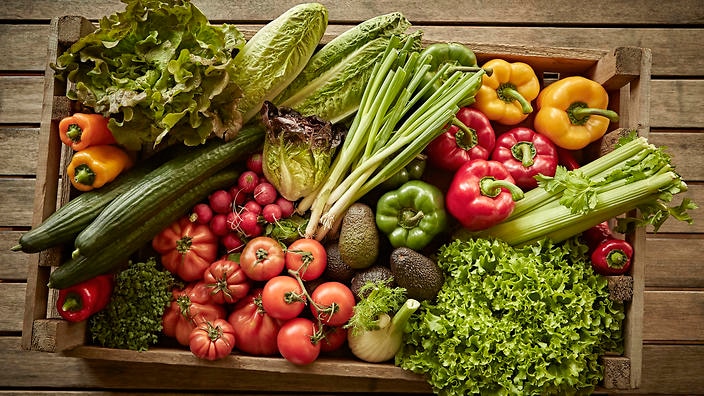New Study: Organic Foods To Reduce Cancer Risks

Eating organic foods does have tangible benefits according to a recently published study. The study argues that people who favor organic foods have a lower risk of developing postmenopausal breast cancer and non-Hodgkin lymphoma.
A team of specialized researchers in France analyzed the diet of more than 65,000 French citizens. According to official data, more than 75% of the participants were females in their mid-forties. The participants were split into four groups, based on the number of organic foods that they consumed on average. The study takes into account a variety of foods, ranging from foods and vegetables, various types of meats to secondary products like condiments and dietary supplements.
The participants were observed for a period of more than four years, with a number of 1,340 cancers registered during the timeframe. Breast cancer appeared had the highest occurrence rate with a total number of 459 cases, followed by prostate cancer with 180 cases and skin cancer at 135 cases.
After comparing the quantity of organic food consumed by each participant with the number of cancer cases the researchers reached an interesting conclusion. It seems that people who consumed the largest amount of organic food presented a significantly lower risk, as they were up to 25% less likely to develop any of type of cancer.
What is more surprising is the fact that even people who consumed a moderate quantity of organic foods had a reduced risk of cancer according to the study.
Researchers believe that organic foods have such a positive effect because they are less likely to be contaminated with harmful pesticides. Should the results be confirmed, organic food may become a part of the general cancer prevention guidelines, as they could significantly lower the rate of new cancer cases.
Since most people are not able to grow their own crops, they are prone to buying contaminated foods, especially from supermarkets where they are often cheaper than organic alternatives.
As in the case of any study, the results may not be 100% accurate. The decision to eat organic foods has a significant impact since they are more expensive and harder to find. The study doesn’t separate people that don’t eat organic foods for a particular reason, as they are rolled into one group. For example, there are people that can afford organic foods but they don’t buy them since they prefer normal food.
While previous studies have shown a correlation between organic foods and pesticide levels found in urine, some products are more prone to contamination, especially certain fruits and vegetables which are more vulnerable to harm. This means that the same organic equivalents are able to have a bigger influence, while others have a lower impact.
The conclusion is that we should eat more organic food while more studies are needed in order to confirm their efficiency.
0 comments